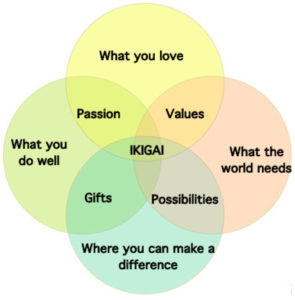Professionalizing The Family Business
Professionalizing a business means to change its model from owner-centric to management-centric. A business dependent upon the owner’s presence to generate revenue and profit undergoes a metamorphosis into one which operates according to established systems and processes. Responsibilities to keep these systems on track are delegated to staff experts. This model allows the owner to focus on what they do best; that which brings about the most progress. Fast-food restaurants are commonly cited examples of business systemization. Staff members are trained to run the business and produce a consistent product.
In an owner-centric business nearly everything revolves around one individual. The problem with this model is that we all have the same 24 hours a day and the 7 days a week in which to get our work done. As the business grows, so grows the work load. Ultimately it becomes too large to be successfully managed by a single individual. After reaching this point, continuing as an owner-centric business results in stagnated growth or owner burn-out, or both.
Understanding the significance of creating systems and processes is a necessary step in undertaking professionalization. Such operations, when in place, enable the business to respond quickly and appropriately to the swift changes in today’s business environment.
Young family businesses—first and second generation—may typically struggle with professionalization, just as any young non-family business might. One may think, however, that a 125-year-old family enterprise will have long ago accomplished professionalization. This is not always the case. Myriad factors influencing business activities today may leave next-generation leaders behind. What worked to bring the business into the twenty-first century may not be what’s needed to continue into the twenty-second.
For all business types on the brink of the professionalism metamorphosis, things get complicated. For family businesses it’s even more complicated. They are built on an interacting three-part structure: the business, the family and the ownership. Clearly the business system needs to be professionalized. But the family system needs to undergo professionalization as well. I will address this in upcoming newsletters.

